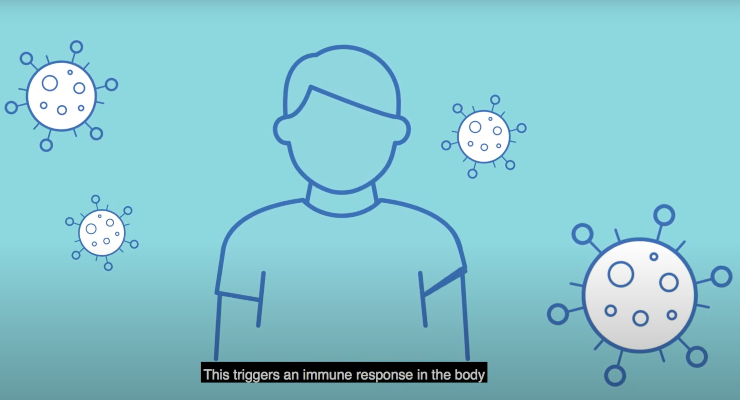
Beer on your ballot Australia’s Assistant Minister for Women Amanda Stoker has said she lost a Queensland LNP Senate preselection race against James McGrath because he drank beer with party preselectors more often. (It couldn’t possibly be because of her radical religious views, or because she’s accused women who have spoken out about sexism of “playing the gender card”.)
McGrath occasionally posts a photo of beer on Instagram — with at least one shot of rum and coke — while Stoker has posted one lone photo of a cider. Showing she’s not salty at all, Stoker said the preselectors had made the wrong choice by failing to understand “the things that are needed to do the job well”.
With the election looming we can expect to see politicians flock to local pubs with their four media officers and a photographer to enjoy a totally candid beer with their constituents. If you see your local member enjoying a pint, rum and coke, or a cider, we want to see it! Send your photos to boss@crikey.com.au.
An impartial holiday? SBS journalists have removed their names from an open letter asking Australian editors and publishers to do better on reporting on Palestine following calls from their bosses reminding them of “public perceptions of their impartiality”.
The letter, started by former Crikey journalist Jennine Khalik, has been signed by 675 people including the creator of SBS docuseries See What You Made Me Do Jess Hill, Guardian Australia’s First Dog on the Moon, and a Sydney Morning Herald columnist Benjamin Law.
But the organisation’s crackdown on journalists has raised questions about double standards: SBS staff have previously gone on trips organised by the NSW Jewish Board of Deputies and supported by the JCA Haberman Kulawicz Wolanski Fund.
Executive editor at SBS Sally Roberts enjoyed Israeli hummus in 2017 while SBS managing director James Taylor said the trip was “one of the most extraordinary experiences of my life” in 2019. SBS has denied staff had been told to remove their names from the open letter and said the national broadcaster has to be objective and impartial.
“The Israel study mission, attended by media professionals from many Australian media outlets, enables journalists to gain a deeper understanding of this matter, hear a range of diverse perspectives first-hand, and engage with peers in the media on those issues,” it said, adding that staff receive regular updates on their responsibilities under the SBS code of practice.
It comes after US news associate Emily Wilder was fired from Associated Press after old pro-Palestine social media posts resurfaced, causing controversy. The organisation said she had violated their social media policy.
Three vaccination ads The government has injected $23.9 million into a public information campaign about the COVID-19 vaccine, but where’s the money gone?
There are just three active ads on the Health Department’s Facebook page, of varying length targeting the same people. Experts have criticised the government’s poor communication skills, with concerns Australians are delaying getting their first dose.
Other countries have catchy, if not slightly cringey, vaccination campaigns: the UK’s star-studded ads feature Elton John and Michael Caine, US ads feature Barack Obama with ads sponsored by sporting events and beer companies, and Northern Ireland’s ads are absolute tear-jerkers showing families hoping to be reunited.
Showing the Coalition’s lack of humour, Australia’s ads are particularly plain in comparison. Infectious diseases physician Dr Nick Coatsworth, wearing a white lab coat in a clinic, explains in tones so soothing they almost put you to sleep the importance of vaccines to live more freely. There are also several animated videos on YouTube explaining how the vaccine works.








I’m getting whatever vaccine is available the affects of catching COVID and getting very sick or dying far outweighs the very rare side affects.
I am eligible to be vaccinated, but I won’t be accepting the Astra Zeneca, especially on the word of a Prime Minister who I perceive as no more reliable or trustworthy than the product he pushes.
I pay no attention to what the PM says. I cannot bear to listen to him. I have an A-Z shot booked for next week. If it’s ok for Norman Swan then I’m happy to follow his lead as, for about 15 months now, he’s been a very reliable source of information based on good medical science.
Needless to say, I wouldn’t trust the Stuntmaster as far as I could throw him. But all of my doctors (and I have a few), and a rellie who works in the field, say “get what you can, as soon as you can”.
The more this government promotes the A-Z vaccine the more I shy away from it. Morrison & Co disregard climate change experts but, apparently, have full faith in A-Z scientists.